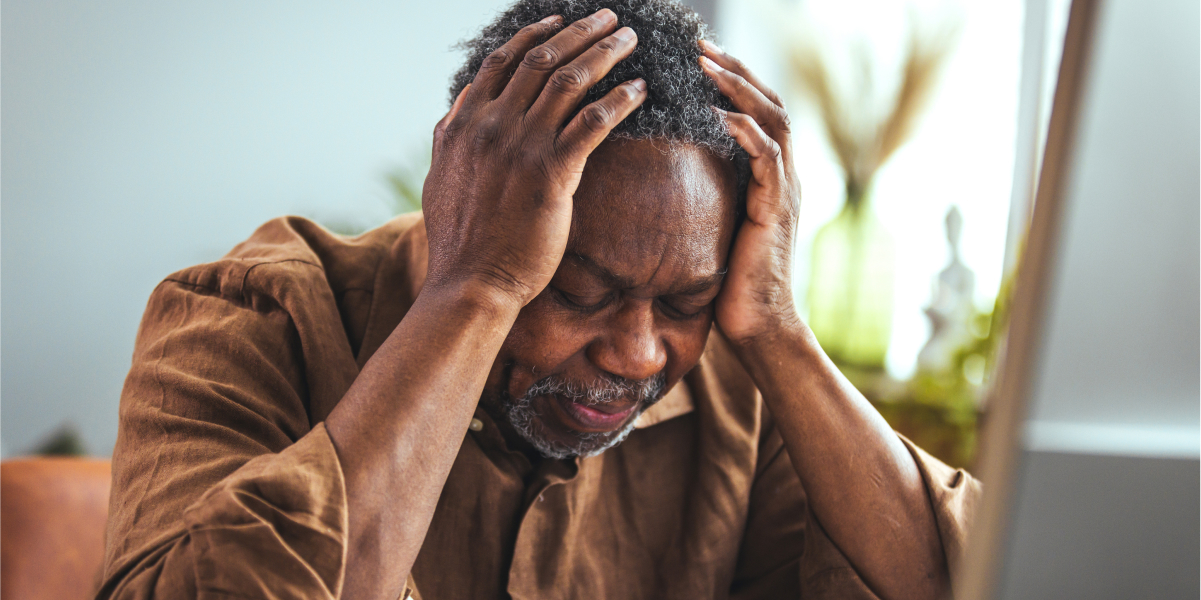Social media is a part of life for many, but some personal injury claimants might not realize that what they post online could impact their case. In Canada, a B.C. Supreme Court judge rejected a car accident victim’s claim for damages based largely on posts and pictures found on her Facebook account. The accident victim claimed she suffered from depression after two car accidents, causing her to be a homebody. However, the defense put forth evidence that the plaintiff attended parties, went tubing, went drinking with friends, and performed at a karaoke competition. All of this was gleaned from her Facebook account. The photos and posts, the judge determined, were inconsistent with someone who had experienced psychological trauma.
This Canadian case is hardly the only personal injury case in which social media posts have come into play. The use of social media posts is controversial and many argue it should not be admissible. There is the potential for social media posts to not accurately portray the plaintiff’s emotional state as they may merely be attempting to keep up appearances. Nonetheless, judges across the country are granting the defense permission to introduce seemingly relevant social media posts. This Facebook material and information from like sites can literally destroy a case in some instances.
Avoid Oversharing After Your Accident
Plaintiffs should be aware of the potential for the defense to use their Facebook information and act accordingly. The best policy is to not post anything after an accident or during the pendency of your case. If at all possible, deactivating your account, at least for awhile, might be recommended. If you do maintain an account, look at what you are posting and consider how it will appear to an investigator or attorney working for the defense. If there is any chance it would be misconstrued, do not post it. Also, watch for material and pictures that your friends might post and tag you in, as this too could be deemed admissible.
You might be wondering, what if my social media pages are set to private? This offers you some degree of protection from prying eyes, but it is still possible for the defense and others to gain access to your social media profile. In some instances, if the defense can justify doing so, a judge can actually order the material be provided to the other side. Further, investigators might have sneaky ways to otherwise obtain the material. All of this serves as a caution to accident victims to simply be aware of their online presence.
Contact Montlick and Associates, Attorneys at Law, Today to Schedule Your Free Consultation
If you or a loved one has been injured in a traffic accident, you may be eligible to seek compensation from the at-fault driver involved. The Atlanta Personal Injury Attorneys at Montlick and Associates, Attorneys at Law, represent accident victims across Georgia and in the Southeast. Our firm has over 39 years of experience and is committed to providing zealous representation to each injured client. The sooner you act after your accident, the greater your chances of obtaining a full recovery. As such, it is important that you seek the assistance of a licensed lawyer as soon as possible.
Call Montlick Injury Attorneys, Attorneys at Law, 24 hours a day/7 days a week for your Free Consultation at 1-800-LAW-NEED® (1-800-529-6333). You can also visit us online at www.montlick.com and use our Free Case Evaluation Form or 24-hour Live Online Chat.


